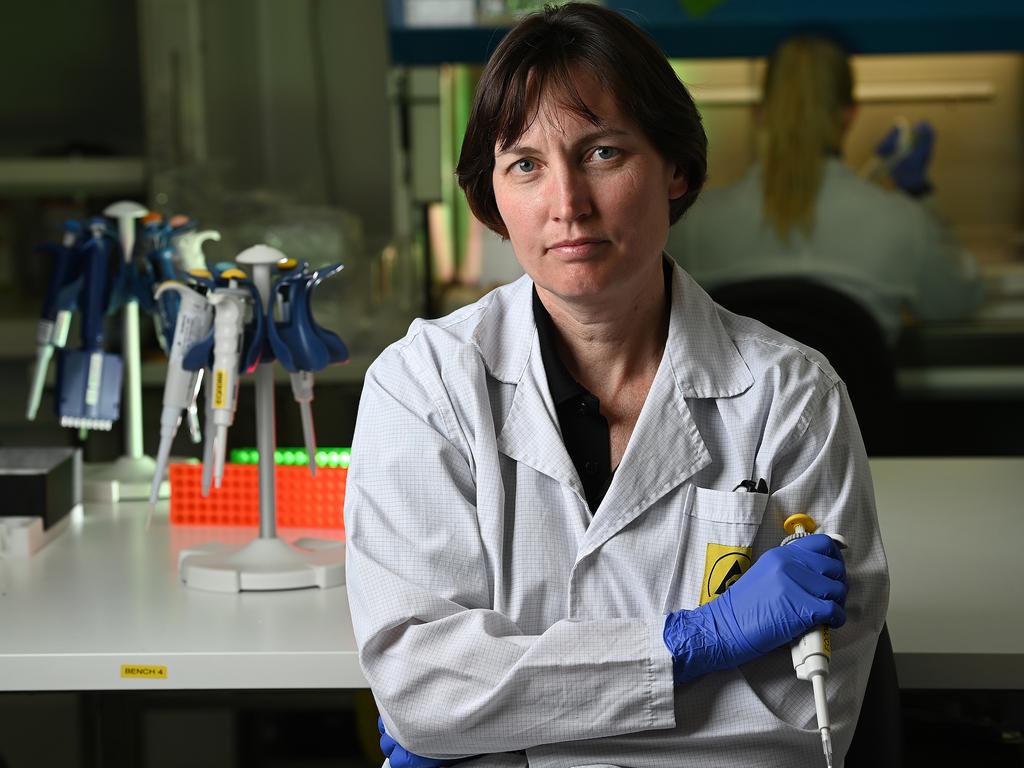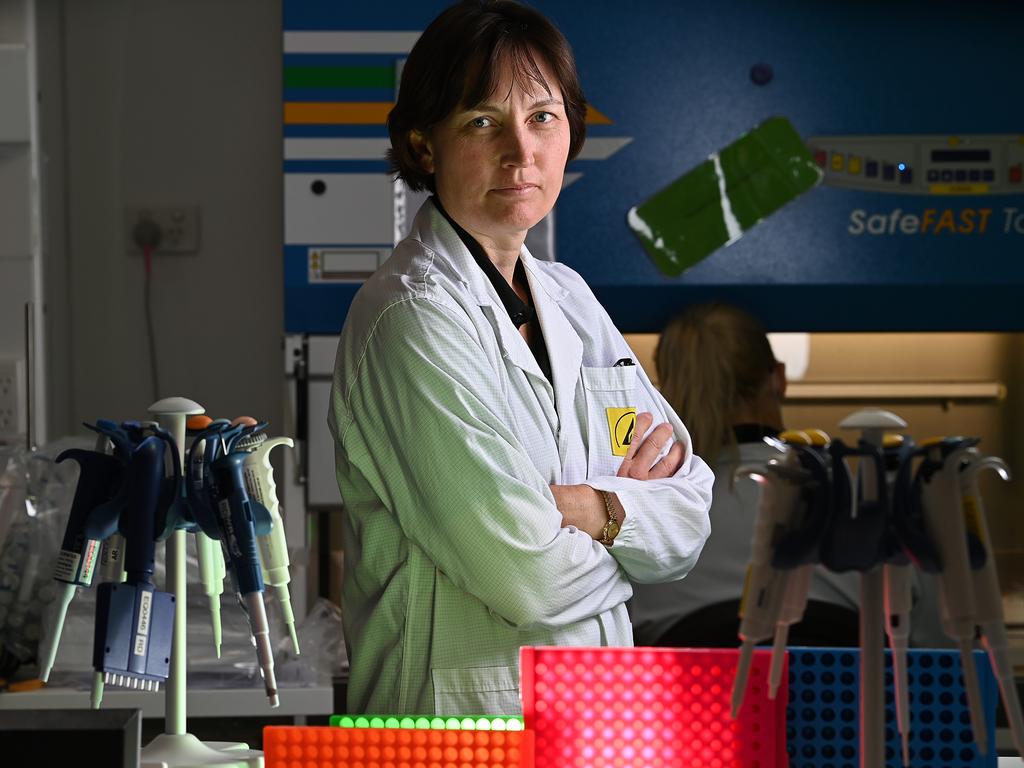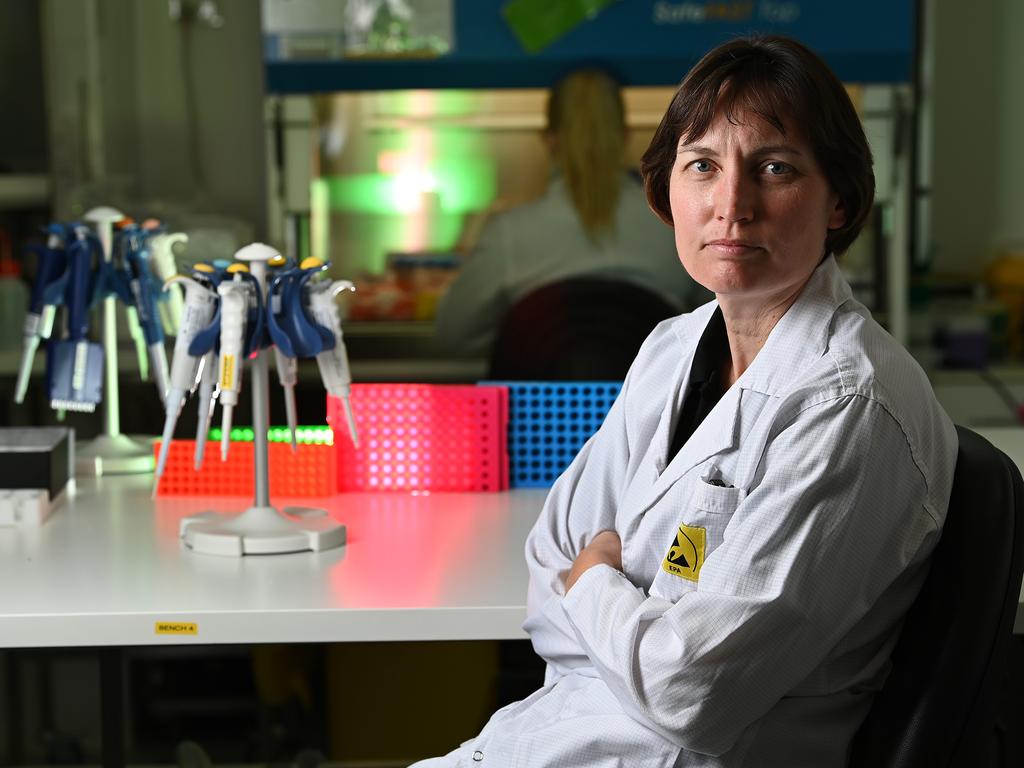Shandee Blackburn’s victory: Killer and rapists nabbed in Queensland DNA lab turnaround
The slaying of a pregnant woman is one of several serious crimes in Queensland resolved as a direct result of huge reforms to the state’s DNA testing lab.
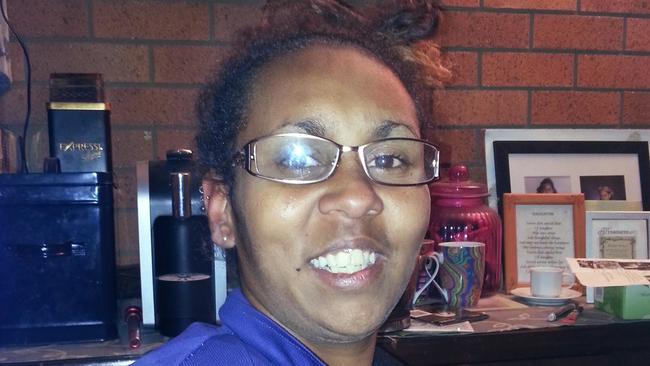
The slaying of a pregnant woman, whose body was stuffed by her killer into the boot of a car, is one of several serious crimes in Queensland resolved as a direct result of huge reforms to the state’s DNA testing lab.
The scientist in charge of the lab, Linzi Wilson-Wilde, has revealed to The Weekend Australian how fundamental changes to the way crime scene evidence is being tested is already resulting in resounding successes for police and the criminal justice system.
“We’ve done a full retraining of scientists. We’ve implemented a new DNA interpretation guideline. We’ve made changes to processes,” Professor Wilson-Wilde said. “When we are going back to cases, we are identifying suspects, we’re identifying offenders, we are getting results that we didn’t get before.”
Professor Wilson-Wilde and Queensland Health have highlighted the killing of Kardell Lomas in 2019, as well as separate, serious sexual assaults, as early examples of breakthroughs achieved since the start of a massive lab overhaul.
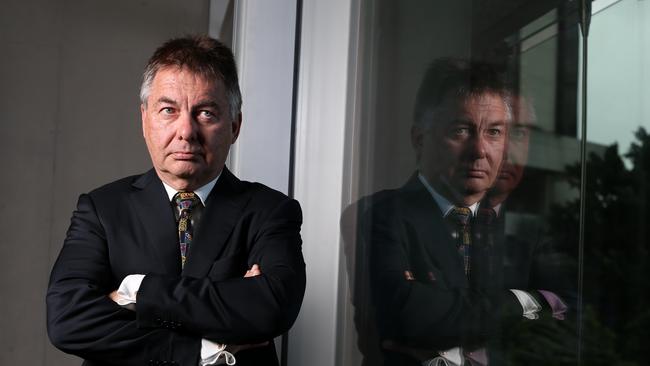
Stunning and systemic failures in the lab were identified by The Australian’s Shandee’s Story investigative podcast series, working with independent forensic biologist Kirsty Wright, and were reinforced by retired judge Walter Sofronoff’s public inquiry last year.
Lomas, 31, was seven months pregnant when she was killed by her partner, Traven Fisher, with evidence suggesting he placed her in a choke hold. Her body was found in the boot of her Holden Commodore, in the backyard of the home they shared at Ipswich.
A Queensland Health spokeswoman on Friday said previous testing in the case had indicated that samples contained DNA profiles from up to three people. However a 2023 review using new interpretation guidelines reduced the number of individuals assessed as contributing to the DNA.
The new interpretation guidelines were based on recommendations of the Sofronoff inquiry and additional changes implemented at the lab.
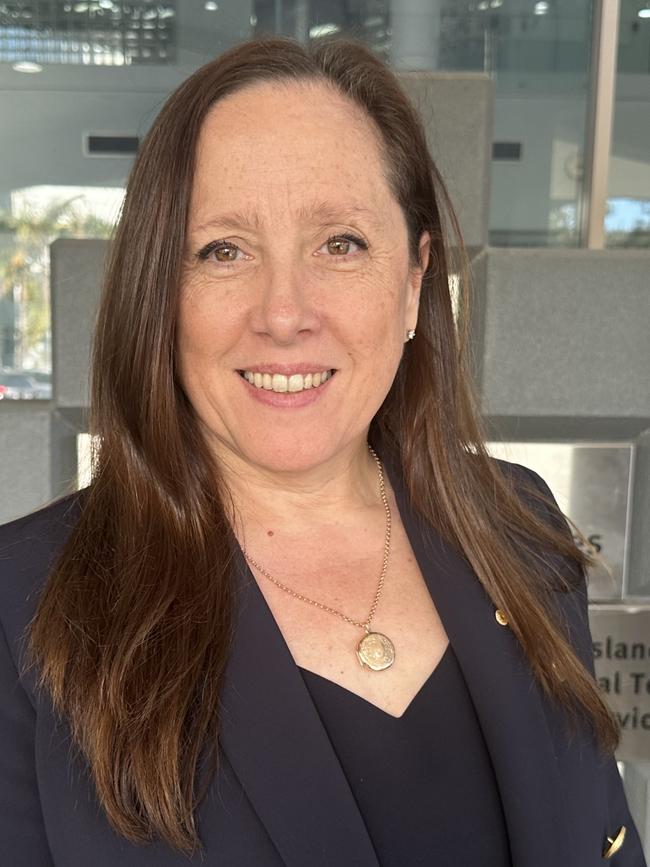
A total of 10 DNA samples previously interpreted as coming from three people were reassessed as coming from two people, and a further two DNA profiles originally assessed as coming from two people were reassessed as coming from one person.
The previous guidelines contributed to over-estimating the number of contributors to a DNA profile. In March, Fisher was jailed for 14 years for manslaughter.
“The new results strengthened the evidence against the suspect, who pled guilty after he was advised of the results of the retesting,” the spokeswoman said.
In another case involving a 2019 sexual assault, previous test results had found no links to the suspect’s DNA. As part of a 2023 review, samples were sent to New Zealand for specialised DNA Y-STR testing, targeting the male Y-chromosome, and this obtained a link to the suspect. The case is before the courts.
The Sofronoff inquiry was told Y-STR analysis was available in almost every lab in Australia but not Queensland. It is particularly useful in sexual assaults because it enables detection of tiny amounts of male DNA in mixed profiles that might be masked by female DNA.
In a third case cited by Queensland Health, a 2020 sexual assault, there were initially good results from some samples while DNA from other samples was considered insufficient to generate a profile.
In a 2023 review, further processing of DNA previously considered insufficient obtained a mixed DNA profile with indications of two contributors, with a likelihood ratio of greater than 100 billion favouring contribution from the suspect’s DNA.
That case is before the courts.
Professor Wilson-Wilde said: “We’re improving our results across the whole gamut of cases, from volume to serious. So murders, sexual assaults, you name it.
“Samples and results where they got no result before, we are now getting results.”
The news of breakthroughs was welcomed by Dr Wright, who since the inquiry’s conclusion in December has been continuing her independent investigations into the lab and the horrific killing of Shandee Blackburn, 23, as she walked home from work in Mackay in 2013.
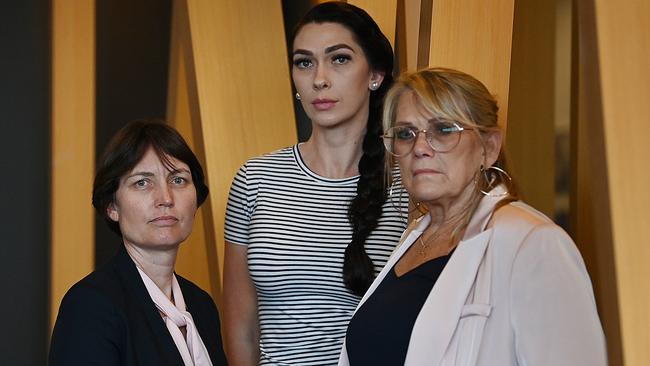
“This just consolidates Shandee’s legacy. It’s a victory for all victims of crime and their families,” Dr Wright said. “It shows the importance of telling the truth, by the whistleblowers that came forward, and the long-lasting and historical value of the Sofronoff inquiry. But I think there’s more improvements that can be made.”
There were “more issues that may not have been uncovered”, Dr Wright added, speaking ahead of an upcoming new episode of the Shandee’s Legacy podcast.
“I encourage all the experts involved in the judicial system, the scientists, the police and the lawyers, to view any errors or problems they may encounter, that wasn’t uncovered at the inquiry, as an opportunity to go back and correct these injustices.
“There needs to be transparency around that as well.”
In a wide-ranging interview this week, Professor Wilson-Wilde said evidence was also being strengthened in cases that were before the courts.
“Where there was a small amount of evidence, we’re re-examining all of the items and then we’re bolstering that evidence for the court,” she said.
A former director of the National Institute of Forensic Science, Professor Wilson-Wilde is tasked with rebuilding and restoring confidence in the state DNA lab as chief executive of the new Forensic Science Queensland.
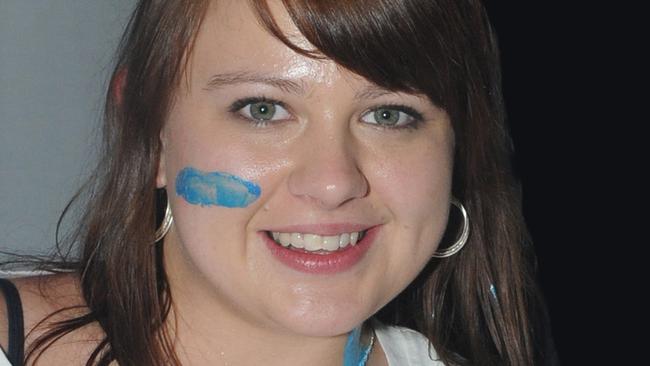
The lab is reviewing about 30,000 historic cases that were mishandled and has a separate backlog of about 10,000 cases that built up during the upheavals of the Blackburn investigation and subsequent Sofronoff inquiry.
It has turned to interstate and international labs for assistance with testing to bring the caseload back under control.
There are intense and competing demands to process current cases, review historic ones, restore morale and recruit dozens of new scientists, all while reviewing its methods, Professor Wilson-Wilde said. “We have a massive backlog of samples so there is a lot of pressure on the scientists to meet court dates and provide information for the justice system.
“We almost don’t have time to celebrate some of those wins.”
Mr Sofronoff found a focus dating back decades on speed over quality of results had betrayed victims of crime, who were denied crucial evidence. Courts, police, prosecutors and defence lawyers were misled by lab statements that samples had “no DNA detected” or insufficient DNA for further processing.
One of the most shocking revelations was that lab managers deceived police into accepting high DNA thresholds that prevented testing of samples, including from serious crimes such as murders and rapes, in which there could always have been probative DNA present.
Professor Wilson-Wilde confirmed the removal of the thresholds, first exposed by Dr Wright in The Australian, had contributed to the recovery of DNA evidence previously missed.
Under previous managers, fundamentals of good science such as training and the proper validation of DNA testing methods were jettisoned, and the lab did not keep up with developments in forensic science.
The Palaszczuk government announced $95m in measures to address the problems, and Professor Wilson-Wilde said the lab now had a unique chance to become one of the world’s best.

